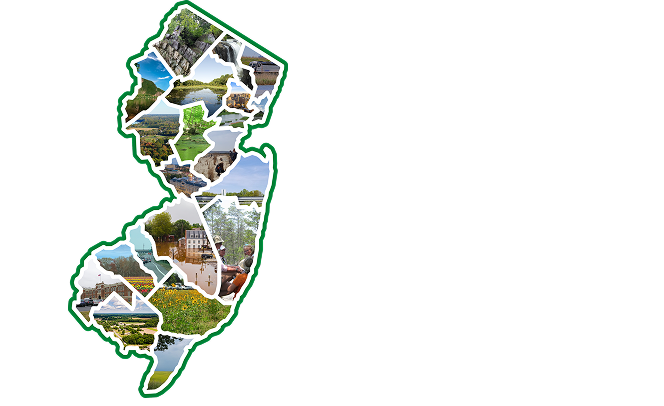Understanding Climate Education in Maine
Maine Climate Education Hub
The time is ripe to teach about the climate! As a middle school educator for 27 years and an informal educator for 15+ years, I have seen Maine come a long way in environmental, nature-based, and climate change education. In the 1980s we had academic programs, the newly formed Maine Environmental Education Association (MEEA) and Maine Organic Farmers and Gardeners Associations (MOFGA) among other environmental educational initiatives. The United States reckoned with industrialization and our dependence on the natural world with new laws like the Clean Air Act, the Clean Water Act, and the Endangered Species Act. Now, decades later the U.S. and Maine are witnessing the data, the disasters, and the world-threatening results of our heavy use of fossil fuels and resulting climate change. We see our mistakes and I’m proud of the action our state has been able to take to work to make change. It is now time for all educators to do the same. Resources are available, student desire is strong, and the pandemic has made us recognize the need for place-based, immersion in nature, and a reflection of what each educational program is doing to pivot our culture toward sustainability on Earth.
You Can Start Teaching About Climate Change Now
I’m calling all educators to start where you are and strive toward the next step to incorporate climate education into your school year. Our students of all ages are hearing about climate issues every day in the news, and it’s our responsibility to help them understand the issue. We are at the point in this climate crisis where it’s all hands on deck. While teaching about climate change might feel daunting, it is doable! Experienced teachers of this subject need to help others, newbies need to take baby steps toward their goals of teaching the next generation to work with the environment rather than against it. If you don’t know where to begin, please explore the Maine Climate Education Hub and help us continually add to this resource. Here are a few places to start if you need some guidance:
Grades: 5-8
Help your students become scientists. This is a great way to learn how to work with middle school students to develop their own questions, notes, and observations outdoors. Students will need some guidance that teachers can learn through exploring the teaching tips for this resource from the Gulf of Maine Research Institute.
Grades: 9-12
The Gulf of Maine Research Institute's Field Studies Class is a great way for high school students to participate in authentic science initiatives that are based on solutions. Get past climate anxiety by having students gain practical knowledge, take field measurements, install small-scale wind power, and convey their findings to the local community. Check out more resources from the Gulf of Maine Research Institute on the Maine Climate Education Hub.
Grades: K-12
Use this TeachME Outside resource to help develop partnerships with local organizations and gather support outside of the school system. On the TeachME Outside website, you'll find Community-Based Environmental Learning (CBEL) resources for educators as well as an interactive searchable map that parents, educators, and community members can use to find environmental learning partners and collaborators in their area. After finding a local organization together you can tap into the $2,100,000 for professional development money offered by the Dept. of Education. Contact DOE: Theodore.Lyman@maine.gov
Final Thoughts
There are so many ways to begin this work. It is important to remember that none of us know all of the most up-to-date science or have all the answers. However, I have witnessed my own students' feelings of empowerment rather than climate anxiety through the use of real-world solutions right outside our schoolyard and town. The messy learning my students did with mini-lessons to spark participation in citizen science projects, clearly gave them critical thinking skills and an understanding that the world’s issues are complex, interwoven, and relevant to their daily and future lives. Please consider teaching one thing this year that you didn’t teach last year, and resolve to continue to grow your program over time.

About the Author
Carey Hotaling is a mother and grandmother who has spent her career teaching about the environment. Her undergraduate and graduate degrees focused on a humanities integration of Environmental Studies and “Integrated Day K-8 Education” at Antioch University. Her career was spent learning from her own two boys and students, developing K-5 curriculum for the Wells Reserve, working as a program coordinator at Maine Audubon Society and at the Freeport Historical Society (with a focus on human ecology of Harraseeket River estuary), and as a public middle school science and English teacher.








